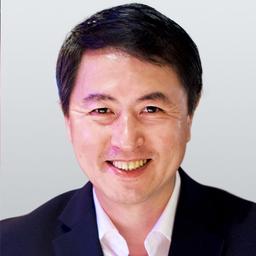At the annual Western Conference of Asian Studies in Denver, Peter Zhang, Executive Director of Association for Asian Studies, delivered his paper: Beijing’s Cyber War. The following is his paper:
Tang Tai-Zong (626-649 A.D.), perhaps the ablest emperor in all the history of China, left his successor this governing advice, “Listening to both sides, one becomes enlightened. Listening to one side only, one becomes dimmed.” Had leaders of the Chinese Communist Party (CCP) followed these words of wisdom, China would have long ago developed into a transparent civil society and saved at least $800 million devoted to constructing the world’s most sophisticated Internet firewall system–the “Golden Shield Project.” This ambitious undertaking is now manned by some 50,000 cyber police whose sole purpose is to monitor and control the Internet traffic of an estimated 100 million netizens, an online population second only to that of the United States. At an annual growth rate of 30%, this population is projected to reach 750 million in the coming decades. Current information suggests, however, that in spite of this formidable exercise, the government in Beijing is on the verge of losing its grip over both information and the netizens, especially on some political and social issues.





